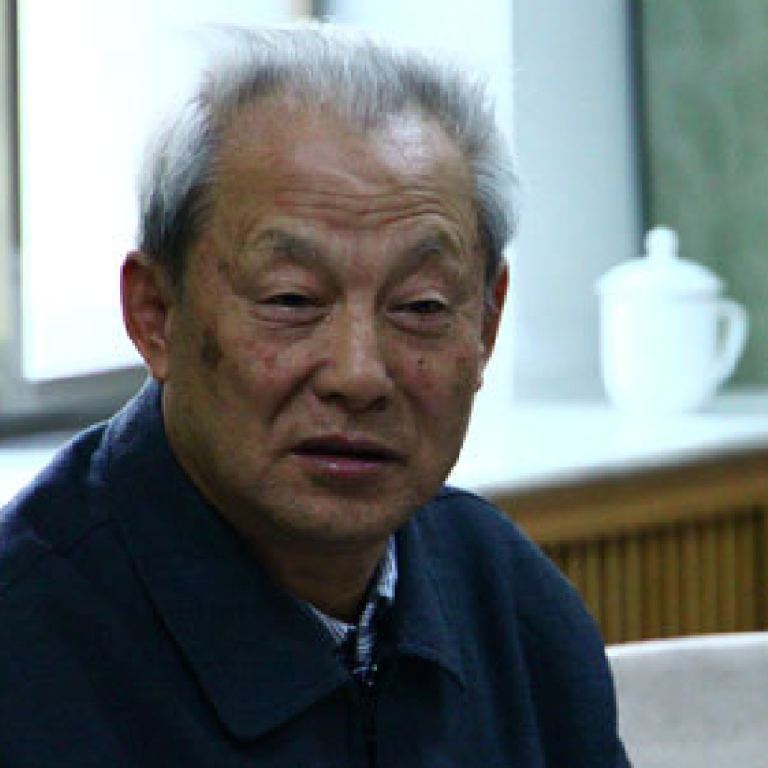
Update | Opponents turn to Chinese classics to protest anti-rumour crackdown
Opponents of China's ongoing anti-rumour campaign have resorted to quotes from Chinese ancient writings to voice their opposition to the harsh crackdown on dissent over the last months.
In a thinly veiled analogy, the septuagenarian professor at the Communist Party's Central Party School in Beijing, referred to a despotic ruler of the central Chinese kingdom that preceded the Chinese empire in the 8th century BC.
King Li, a decadent tyrant, suppressed opposing opinions until a revolt of farmers and soldiers ended his rule and sent him into exile.
"No matter what era, do not think that by holding onto power, one can do whatever one likes and gag the people’s voices," the 74-year old Marxism scholar wrote. "Of course, this can work for some time, but in the end [such rulers] will be ousted by the people".
"There are now some leading cadres with confused thoughts, their mindsets are even more backward than those of those wise feudal lords," he wrote. "They thoroughly believe in the following creed: if you have power, you have everything, whoever holds onto power, can decide everything."
His article comes amid a campaign by various Chinese security organs to detain hundreds of “rumour-mongers”, people accused of spreading misinformation, throughout China.
The clampdown has been widely interpreted as an attempt to silence prominent liberal commentators, especially after popular internet commentator Charles Xue was detained on charges of soliciting prostitutes two weeks ago and paraded on national television over the last week.

Party scholar Song is not the only one speaking out against the sweeping detentions and restrictions on information sharing linked to the anti-rumour campaign.
Beijing’s orders have pushed local governments to try to outdo each other as if they were participating in a “rumour-monger arresting competition,” the People’s Daily public opinion monitoring office noted in a Sina Weibo post on Friday.
Rumours should be fought according to the law, and the campaign should not be magnified or it could turn into a “nightmare”, Guangzhou police said in a microblog on Sunday. The Guangdong provincial Political and Legal Affairs Committee re-shared the post as did more than ten-thousand internet users before it was deleted.
The Guangdong High Court did not re-share the post, but posted a translation from classical Chinese of an ancient tale alluded to in the deleted Guangzhou police microblog post.
It recounted the tale of Zichan, a fifth century BC philosopher, opposing the destruction of a building where people would gather to discuss, arguing that knowing the people's opinions was vital to ruling them.
The High Court's post has been shared some 16,000 times in the first 12 hours after it was posted.
Last Friday, police in Zhejiang said that so far they had detained 118 for spreading “rumours and misinformation” in its provincial operation and “cleansed” the internet of 211,000 “illegal” posts, according to the Qianjiang Evening Post. The head of Zhejiang’s online security department, Ding Renren, warned internet users that even information shared privately among friends could lead to prosecution, according to the Evening Post.
Ding’s warning was directed as WeChat, a popular mobile messaging service with more than 200 million active users, which allows users to share information among “friends”. The service has become a popular tool among journalists and activists to share information with a limited target audience, instead of broadcasting it widely on Weibo microblogs. One such journalist, Liu Hu from the Suzhou-based Modern Express, was detained two weeks ago after sharing corruption allegations in just such a WeChat group.
Human rights groups have also pointed to an increase in the detention of government critics and journalists since the leadership hangover in March. A party circular known as Document No 9 appeared in April warning functionaries of “hostile Western forces” infiltrating China. In June, a notice by the Supreme People’s Procuratorate called on prosecutors to “resolutely crack down on activities […] with the objective of subverting state power”.
The New Citizen Movement, a grassroots campaign calling for the respect of citizen’s rights guaranteed in the country’s constitution, has become a particular target of the campaign. The group’s founder Xu Zhiyong and at least 16 of its members have been arrested, according to Human Rights Watch.

